7 trends to watch when considering gen AI adoption
By Lily Bennett|14 August, 2024
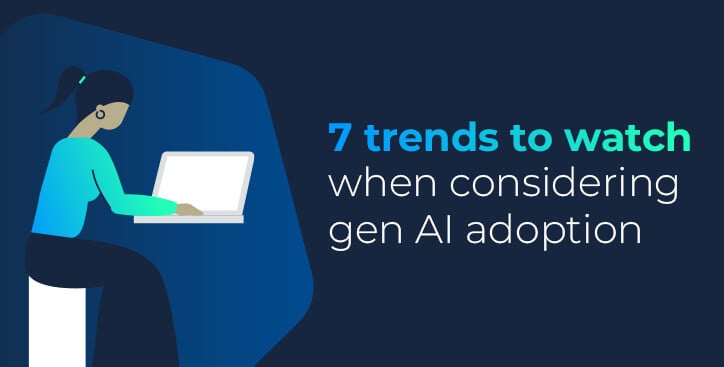
AI is the current “big thing” in tech and its development marks a pivotal chapter in computing history, where it is redefining how industries operate globally. As IT leaders and CTOs navigate their organisations through this transformative landscape, understanding the direction generative AI is heading and knowing how to manage this technology effectively is crucial. With this in mind, Console Connect surveyed 1,000 CTOs and IT leaders globally to understand their thoughts on the opportunities and challenges AI has created for their networks, and how prepared they feel to tackle it.
Here, we delve into seven emerging trends in generative AI and explore how Console Connect can help organisations adopt this technology successfully.
1. Mass adoption of Large Language Models (LLMs)
LLMs like OpenAI’s ChatGPT, Google’s Gemini, and Microsoft’s Bing Chat are revolutionising data analysis and content generation. Unsurprisingly, these models require access to colossal datasets, where organisations need centralised storage solutions, whether cloud-based or on-premise. However, this shift brings challenges which include substantial infrastructure investments and managing networking costs like data egress fees.
2. Unified data and AI platforms
The complexity of managing disparate data sources sees the need for integrated AI ecosystems. Platforms such as Google’s BigQuery enable businesses to connect data seamlessly to AI models, facilitating tasks like tuning, training, and deploying multiple LLMs without the logistical burden of data migration. This consolidation not only reduces costs but also minimises migration risks.
3. Virtual GPUs
Originally developed for gaming graphics, GPUs have found a new home in AI due to their alignment with neural networks. The virtualisation of GPUs, spearheaded by companies like Nvidia, enables shared access across multiple devices via backend servers. This advancement accelerates processing capabilities, though it demands a nuanced understanding of neural network configurations.
4. AI-as-a-Service (AIaaS)
AIaaS allows access to AI tools, enabling businesses to integrate solutions like chatbots, virtual assistants, and machine learning frameworks without hefty development investments. By subscribing to AIaaS providers, organisations can tailor their AI capabilities to specific needs, harnessing platforms like Amazon Rekognition and IBM Watson for enhanced customer service.
5. The move towards Edge AI
Processing data at the collection point, Edge AI empowers devices like smartphones and laptops to make rapid, intelligent decisions. This proximity reduces latency, conserves bandwidth and bolsters data privacy. With predictions indicating a 50% surge in AI data processing at the edge in the coming years, businesses must anticipate and adapt to this decentralised computing model.
6. Managing larger volumes of data with network automation
Generative AI's data-intensive nature amplifies network complexity and costs, especially when moving data between private and public clouds as well as interfacing with hybrid and multi-cloud architectures. Paul Gampe, CTO of Console Connect, states, “Automation and the move to a Network-as-a-Service (NaaS) model presents a way for businesses to break away from traditional network infrastructure and the public internet, and instead utilise automated, private and secure network connections to the cloud that can be dynamically adapted to meet the needs of generative AI.”
7. Automating at the Edge
The integration of LLM applications demands agile access to diverse data sets across cloud and on-premises environments. Network-as-a-Service (NaaS) platforms like Console Connect facilitate this by offering automated, private connections that adapt in real-time. The evolution towards an automated edge embeds intelligence within devices, autonomously optimising network performance and ensuring seamless, secure data flow.
Utilising Console Connect for the successful move to AI
Embarking on the generative AI journey requires more than just technological adoption; it demands strategic networking solutions that align with AI's dynamic nature. Console Connect can support organisations with the requirements of generative AI by providing:
- Increased agility: Adapt to fluctuating AI workloads with on-demand network provisioning, real-time bandwidth adjustments, and a pay-as-you-go model, ensuring responsiveness to unpredictable traffic patterns.
- Enhanced security: Safeguard sensitive data through our private network infrastructure, avoiding the vulnerabilities of the public internet. With carrier-grade SLAs and customisable Class of Service options, data integrity remains uncompromised.
- Cost reduction: Mitigate soaring data egress fees by leveraging private dedicated connections to cloud providers, achieving potential savings of up to 50%.
- Time efficiency: Accelerate data transfers and service provisioning; Console Connect has the capability to expedite cloud data migrations up to ten times faster compared to standard internet services.
- Optimised cloud access: Seamlessly bridge various cloud platforms, regions, and on-premises data centres, enhancing multi-cloud strategies and facilitating automated backups and recovery.
To find out more on how Console Connect can support your business with network agility, security and efficiency, book a demo here.
For a deeper exploration into how generative AI impacts networks and how to navigate this evolving landscape, download our report ‘The impact of generative AI on networks’ below.

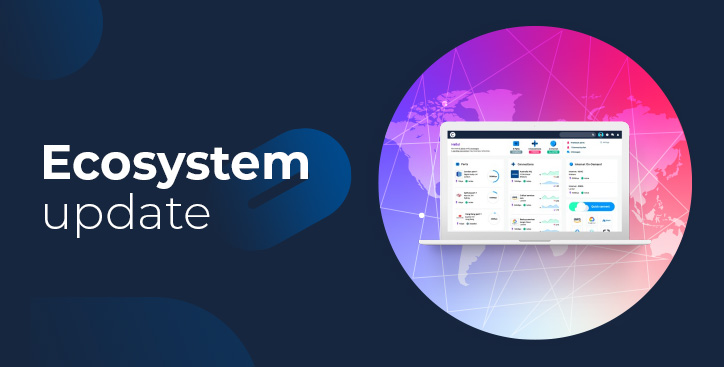
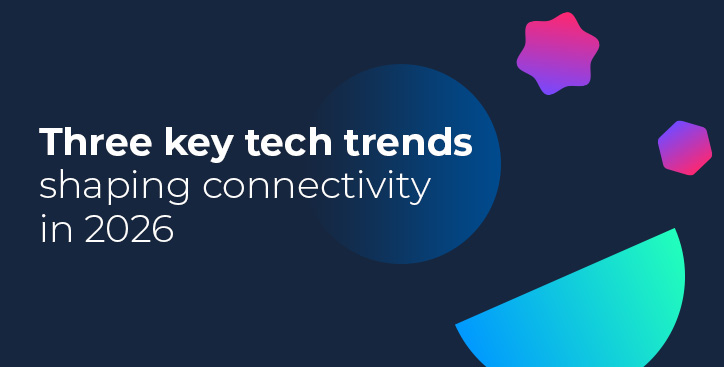

.jpg)
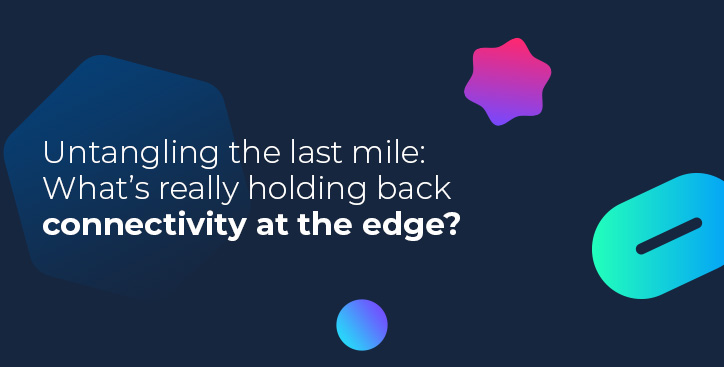
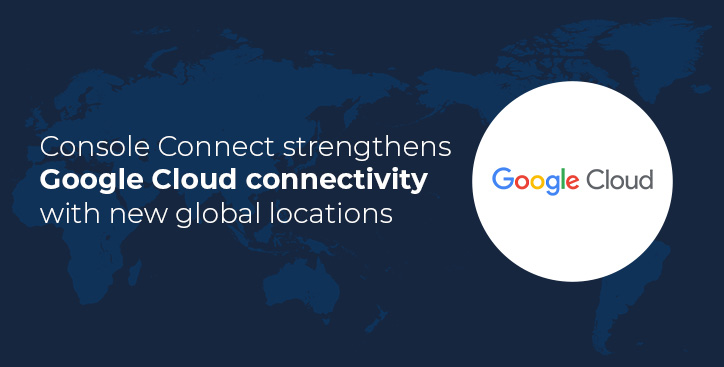
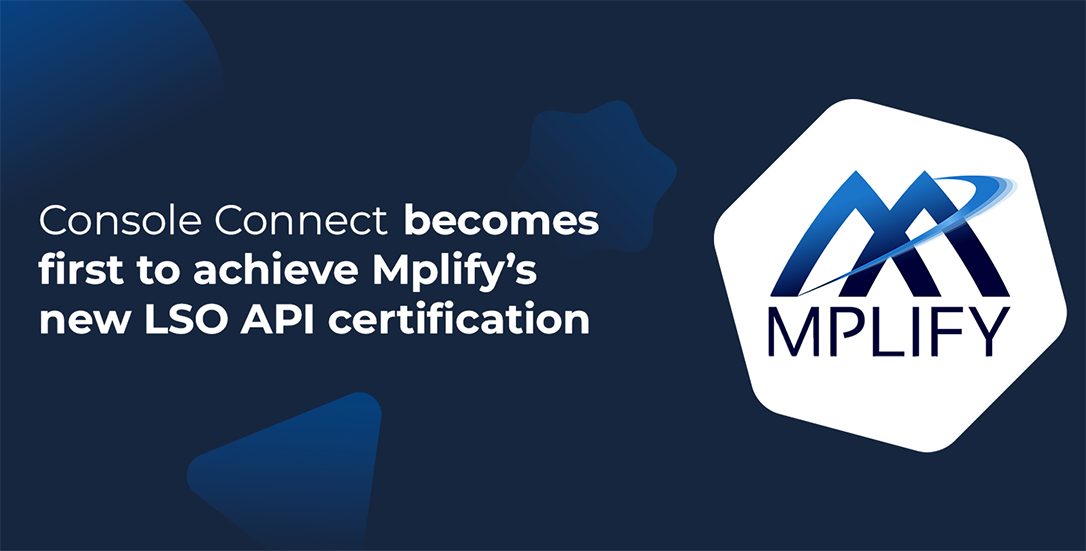
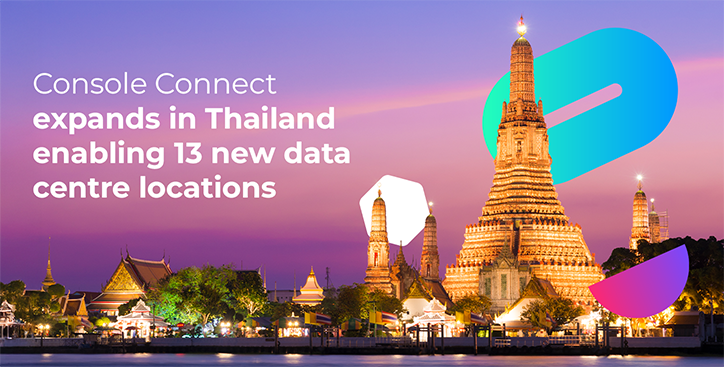
.jpg)